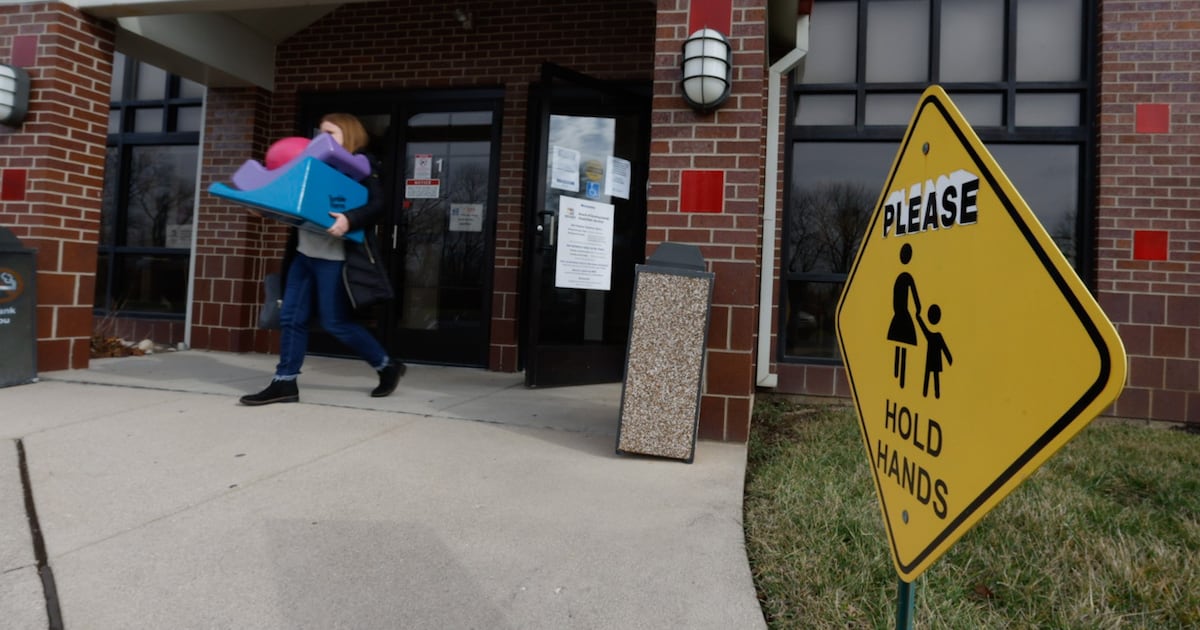
Montgomery County Developmental Disabilities Board Faces Tough Financial Struggles: .9 Million Cuts Announced
The Montgomery County Board of Developmental Disabilities Services (MCBDDS) is navigating turbulent waters as it recently disclosed a necessity to reduce its budget by a staggering .9 million. This announcement has sent shockwaves through the community, as local authorities highlight an alarming surge in client numbers exacerbated by rising operational costs. The financial strain has been intensified by revenue shortfalls from critical service programs, prompting the board to take drastic measures that could significantly affect many vulnerable individuals and families in the region.
Understanding the Financial Landscape
In recent years, MCBDDS has been grappling with a rising deficit that has forced it to depend heavily on Montgomery County resources. For example, the board relied on million from the county budget, fueled primarily by the human services levy. The board even declared a fiscal emergency in January 2023—a move aimed at unlocking one-time funding through the American Rescue Plan Act. While these measures provided some immediate relief, they were not enough to address the ongoing financial challenges.
Despite efforts to manage resources efficiently, the board found itself in a precarious financial position. According to its official communication, “Despite intentional management of resources to minimize impact to individuals and families, a deficit still existed.” The need to present a balanced budget for 2025 catalyzed the decision to implement significant cuts—changes that will resonate deeply within the community.
The Impact of Service Reductions
The MCBDDS has announced various cuts, mainly targeting non-mandated services. These reductions will affect numerous programs that many families rely on for support. A summary of the critical eliminations includes:
– Early Intervention Services: The board plans to reduce its capacity in this vital service, which has been instrumental in supporting children with developmental delays. Early intervention is essential for ensuring that these children can access the help they need before entering school.
– Mental Health Supports and Services Program: This program, which catered to over 125 individuals who have both developmental disabilities and mental health issues, will be discontinued. The transition of these services to private providers raises concerns about accessibility and the quality of care for those affected.
– Elimination of Recreation Programs: The board’s decision to end its year-round recreation programming means that many children and adults will lose a crucial outlet for socialization and recreational activity designed specifically for those with developmental disabilities.
– Family Support Services: Critical support for families that choose to care for loved ones at home will also be halted. The discontinuation of home modifications, equipment support, training for caregivers, and respite services signifies a heartbreaking loss for many families striving to provide the best care possible.
– High School Transition Support: The board has announced the discontinuation of programs designed to assist students with disabilities in their transition from school to the workforce. This includes vital employment support and funding for workshops aimed at preparing students for adult life.
– Staff Reductions: The board will also eliminate 62 full-time staff positions, exacerbating the existing challenges in providing support services.
Long-Term Implications for the Community
The collective implications of these cuts are profound. Families and individuals who rely on MCBDDS will likely find themselves navigating an increasingly complex landscape with fewer resources. As the board transitions its mental health services and reduces its early intervention capacity, the ripple effects will raise questions about the future of care for the most vulnerable members of Montgomery County.
While the board maintains it will continue essential mandated services, the reality is that the safety net for hundreds of families within the community is shrinking. As cuts take effect, advocacy groups and families may face a tougher battle in securing comprehensive care and support for those with developmental disabilities.
The community should begin dialogues on how to strategically allocate available resources, leverage private providers, and work with advocacy organizations to fill gaps left by these service reductions. By bolstering community engagement and support networks, there’s hope that families will find innovative ways to navigate these challenging changes.
As this story unfolds, it is imperative for community members to stay informed and advocate for the resources needed to ensure that those with developmental disabilities continue to receive the care and support that they rightly deserve. The road ahead is undoubtedly challenging, but collective resilience may pave the way for new solutions.

